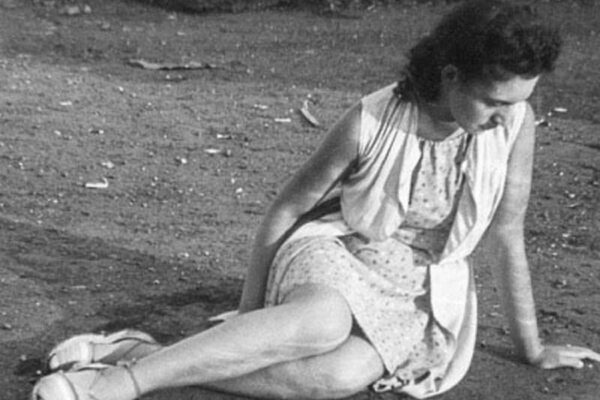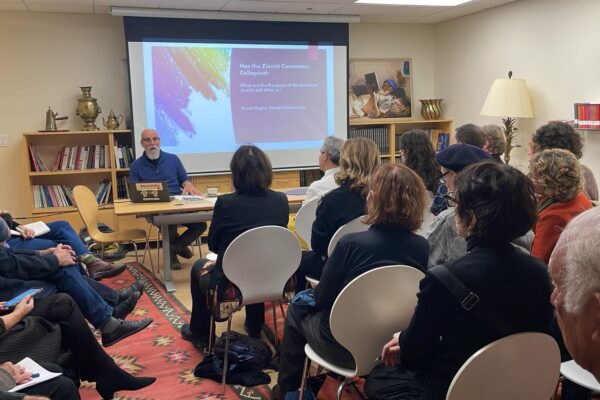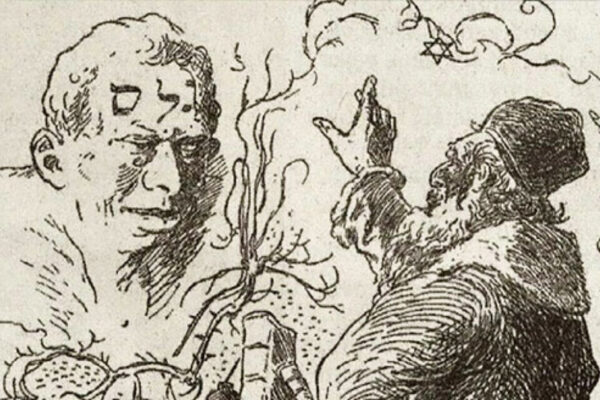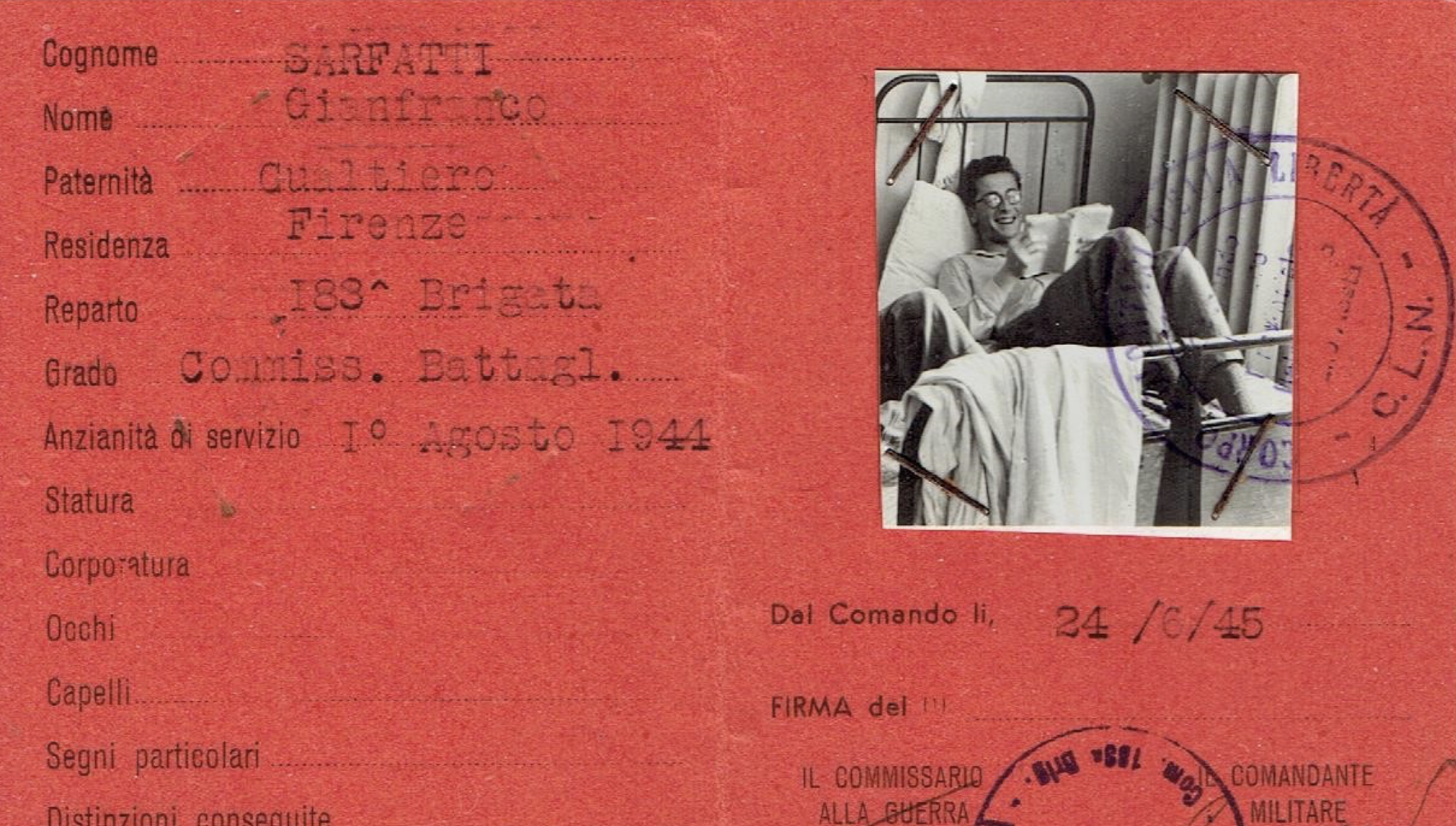
A Woman’s Resistance
A new book by Giorgio van Straten, La Ribelle. Storia straordinaria di Nada Parri, Laterza, 2025 (forthcoming in English with Other Press, in 2026) recounts a little-known yet remarkable story…

A new book by Giorgio van Straten, La Ribelle. Storia straordinaria di Nada Parri, Laterza, 2025 (forthcoming in English with Other Press, in 2026) recounts a little-known yet remarkable story…

A new translation of If This is a Man into Swahili is available on the site of the International Center of Primo Levi Studies in Turin and can be downloaded…

The American Sephardi Federation is pleased to invite colleagues and the public to the sixth-floor Bookhouse at the Center for Jewish History, a consortium of Jewish libraries, archives, research institutes,…

Eight months after its opening, Bookhouse is flourishing, attracting visitors, students, and scholars. What sets Bookhouse apart is its collaborative nature — Centro Primo Levi, American Sephardi Federation, and Dan…

In the past few years, Centro Primo Levi’s table has been animated by conversations, doubts, and questions about Levi’s writings in light of current events. I kept a log of…

It is our duty as young people to believe in life. Believing in life means believing in ourselves. But seeing that our character cannot fully develop if not in a…

The New York tribute to Nurith Aviv opens with Translating, the last film of a trilogy that began with From One Language to Another and continued with Sacred Language, Spoken…

From One Language to the Other was broadcast by one of Arte’s evening shows dedicated to languages together with a 17-minute documentary filmed in Africa, Bruly Bouabré’s Alphabet. This short…

Nurith Aviv: filmer la parole. Edited by Claire Buchbinder, Marianne Dautrey, and Nathalie Georges-Lambrichs. Exils Éditeur (2025). A new book celebrating Nurith Aviv’s films has just been published in France….